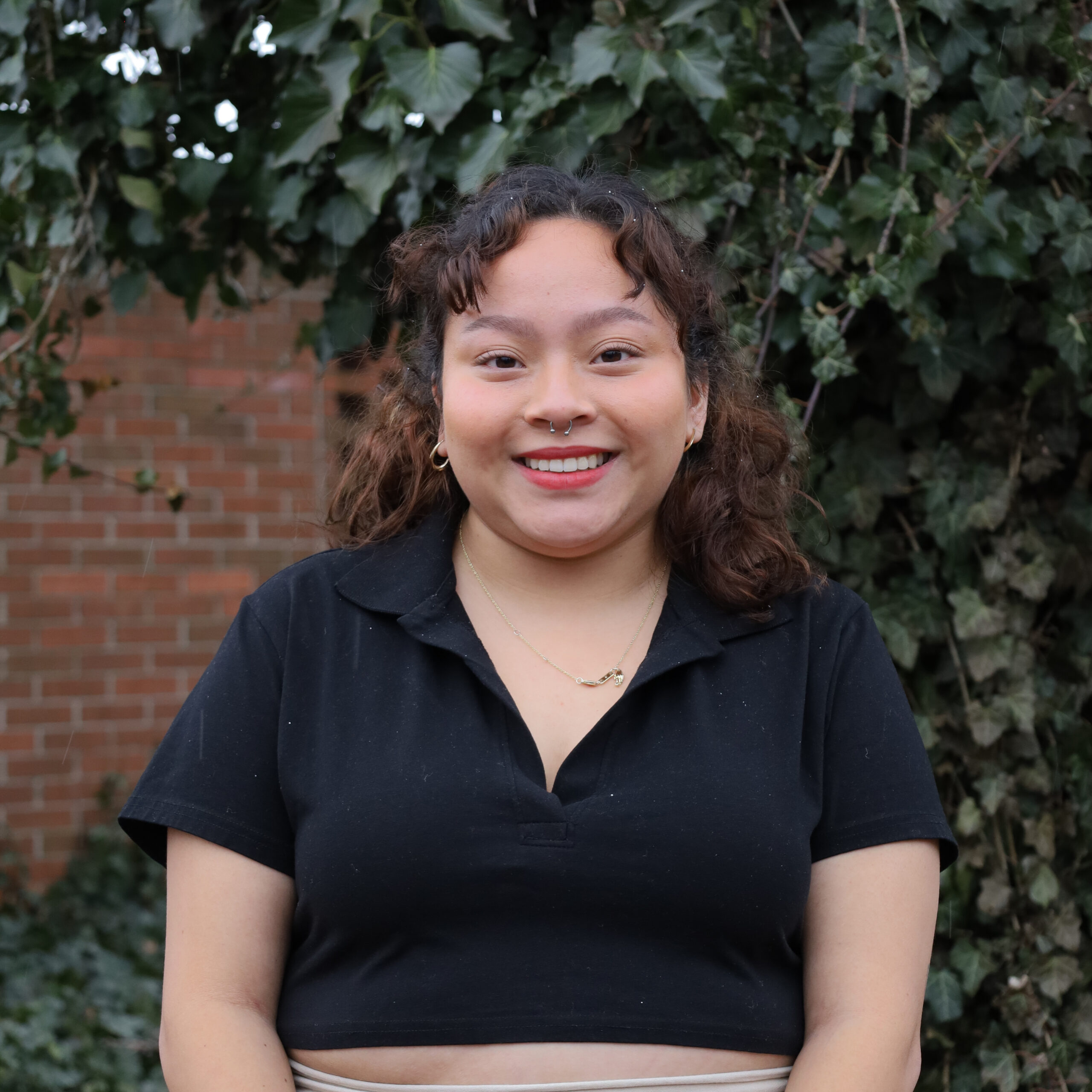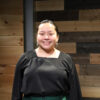In the past decade, private institutions have gone bankrupt due to the lack of interest in the humanities and a liberal arts education. English departments across the country are currently dealing with low enrollment rates
At Goshen College, the incoming class of 2022 has 9 declared English majors and 5 writing majors. There are 109 declared nursing majors and 65 business majors. This distribution is similar nationally, even among Ivy League institutions.The rise of anti-intellectualism is to blame for this. By that, I am referring to the general sentiment of anger, mockery and dismissal against people who read and write for leisure or really anyone who does anything that isn’t immediately related to the incentive structure of the pursuit of greater wealth.
This is because our society has been built on structures that ensure we don’t have the time to think. If you have the time to think, you have the time to question, you have the time you resist.
And, when we normalize and idealize side hustle culture—the idea that you can and should make money from the things you do in your free time—it perpetuates the notion that we must constantly be productive.
As much as I love my English classes, I often feel silly and selfish sitting in them. I think to myself: “Why are we all sitting in this room pointing out the problems in our society?” or “How do we get out of this echo chamber?”
It feels like other fields, such as the sciences, are putting their actions where their words are. They are the ones who end up in operating rooms and research labs. It’s easy to feel like only science and medicine have hard evidence of the impacts of their work.
But I am not here to discount the value in the study of literature and the study of writing completely.
As part of a poetry unit in my high school field placement, they were comparing “I, Too” by Langston Hughes and Martin Luther King’s “I Have a Dream ‘’ speech.
During a one-on-one moment with a student, I helped him write a paragraph in which he claimed that these texts had an overall tone of hopefulness. To support this, I told him to connect his argument to our world today. His instinct was to write about police brutality. He then proceeded to open up to me about his own loss at the hands of police officers.
Startled, I was unsure of how to navigate such vulnerability. Humans are natural storytellers and creators. When we don’t know what to do, we make art. We connect and relate through this art. This interaction reminded me of the impacts literature has on the tangible, more intimate level.
Let’s rebel by fostering a lifelong love of literature and enjoying literature for leisure. Sure, we need to use literature to build our skills to help us to become better people in our world because we need to be efficient to survive. However, there have to be other options besides using texts to teach working-world skills and preparing students for ivory-tower academics.
This week, I had the pleasure of speaking with Urayoán Noel, this year’s S.A. Yoder lecturer.
He spoke at length about this dichotomy that I have internalized. He said that “it’s both, not either/or” and to consider “what scientific knowledge can’t give us.” So in other words, poetry.
Ideally, you’ll choose to rebel by switching over to the English department. In the meantime, strive to take language for what it is (or what it isn’t) and see what it elicits for you.




